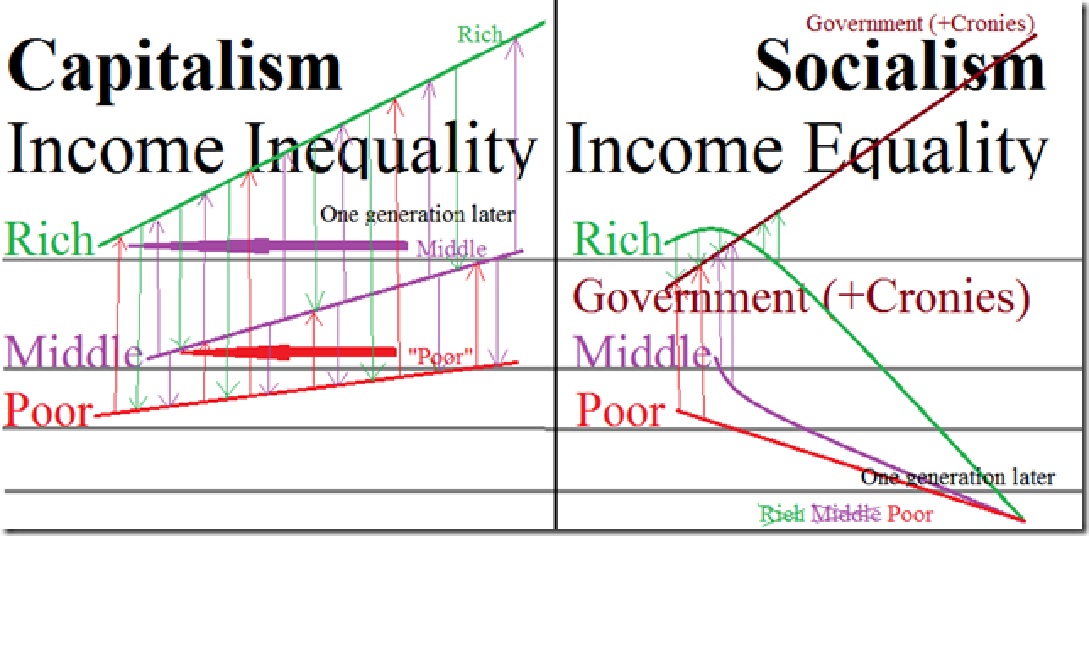economic freedom
How to summarize half a dozen developmental economics books in one sentence
You want to boil down hundreds of pages from several books? I came across one sentence that does a good job:
…poverty is a symptom— of the absence of a workable economy built on credible political, social, and legal institutions.
I’ve been reading a lot of economics books lately. (Okay, okay, you can pray for me – a CPA reading economics books for relaxation and learning and growth.)
(Cross-post from my other blog, Nonprofit Update.)
If we can figure out how we on this planet have gotten to the place where we have the highest wealth, best health, and longest life expectancy in history, we can keep going on the same path. Likewise, we can maybe figure out how to bring along those people groups that don’t share in the abundant bounty.
Here is the ache in many hearts: How do we ‘solve’ poverty and suffering?

